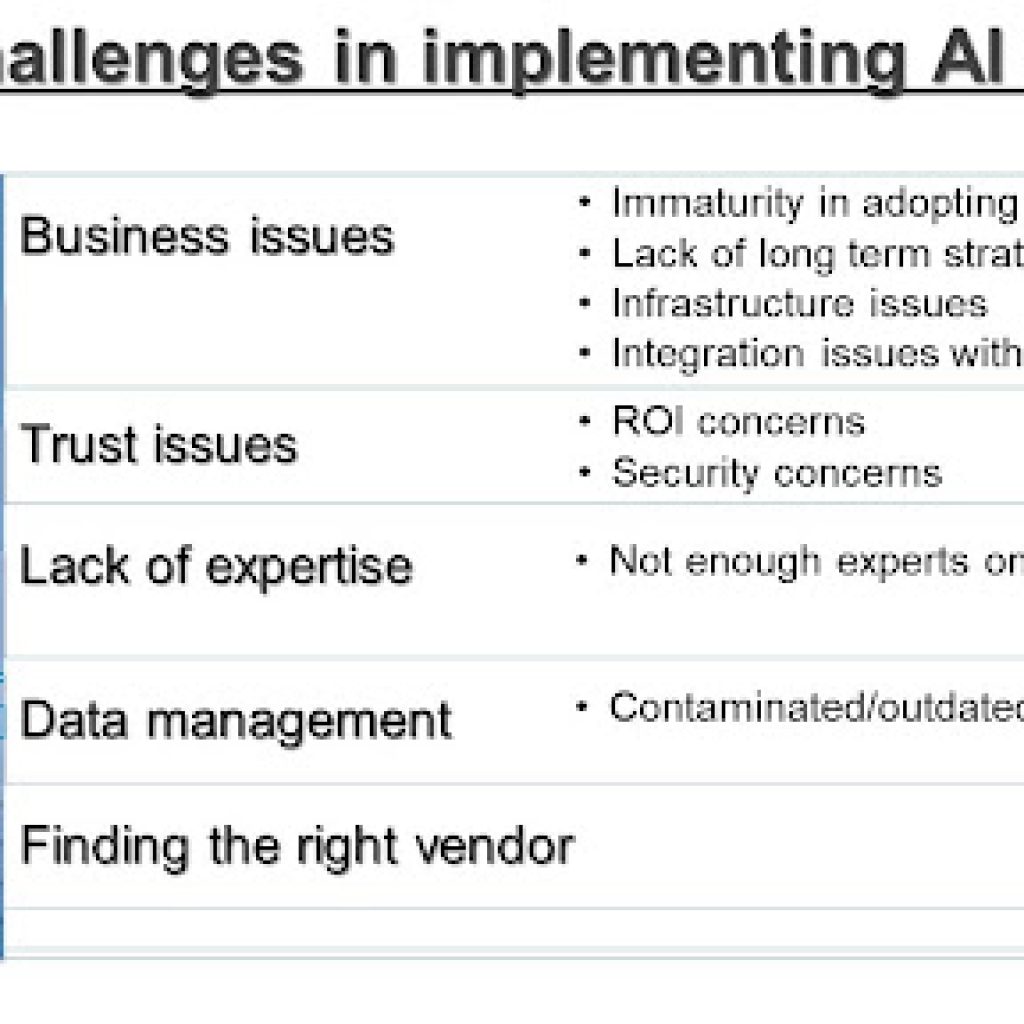In a notable shift within the artificial intelligence (AI) landscape, the Cambridge Dictionary has chosen ‘hallucinate’ as its Word of the Year. This selection reflects a significant development in understanding this term within the AI field. While traditionally associated with the perception of non-existent phenomena, ‘hallucinate’ now encompasses instances where AI systems erroneously present inaccurate data as factual, sometimes leading to adverse consequences.
AI inaccuracies on prominent platforms
Prominent tech platforms like Gizmodo, CNET, and Microsoft have come under scrutiny for inaccuracies in articles produced by AI. This raises concerns about the reliability of content generated by AI-driven systems. In a particularly alarming case, a legal professional lost their job when an AI-based chatbot, ChatGPT, created fictitious lawsuits as references. Earlier this year, Morgan Stanley analysts pointed out the propensity of ChatGPT to fabricate facts, a problem they predict will persist for years to come. These incidents have raised red flags among business leaders and misinformation experts regarding AI’s potential to amplify online misinformation.
The importance of critical thinking
Wendalyn Nichols, the publishing manager of the Cambridge Dictionary, has emphasized the crucial role of human critical thinking when using AI tools. She highlights that the fact that AIs can ‘hallucinate’ serves as a reminder that humans must exercise their critical thinking skills when relying on these tools. This underscores users’ need to approach AI-generated content with a discerning eye.
AI industry acknowledgment
The term ‘hallucinate’ has gained prominence in discussions within the AI industry since OpenAI’s groundbreaking chatbot technology, ChatGPT, launched in April 2023. Alphabet Inc. CEO Sundar Pichai acknowledged that the AI industry is grappling with “hallucination problems” for which no immediate, clear-cut solution exists. This acknowledgment from a leading figure in the tech world underscores the severity of the issue.
Vectara’s contribution to responsible AI
In a significant step towards self-regulation and promoting responsible AI, Large Language Model (LLM) builder Vectara introduced its open-source Hallucination Evaluation Model in November 2023. This innovative model assesses how much an LLM deviates from factual information. By quantifying these deviations, Vectara aims to address hindrances to the widespread adoption of AI in enterprises and mitigate risks associated with misinformation.
The selection of ‘hallucinate’ as the Word of the Year by the Cambridge Dictionary sheds light on a critical problem within the AI industry. The inaccuracies and potential for AI to generate false information have raised concerns among experts and the public. As the AI industry grapples with these “hallucination problems,” the need for responsible AI development and vigilant critical thinking when using AI tools has never been more apparent. Vectara’s Hallucination Evaluation Model represents a significant stride towards addressing these challenges and ensuring that AI serves as a force for good rather than amplifying misinformation in the digital age.





